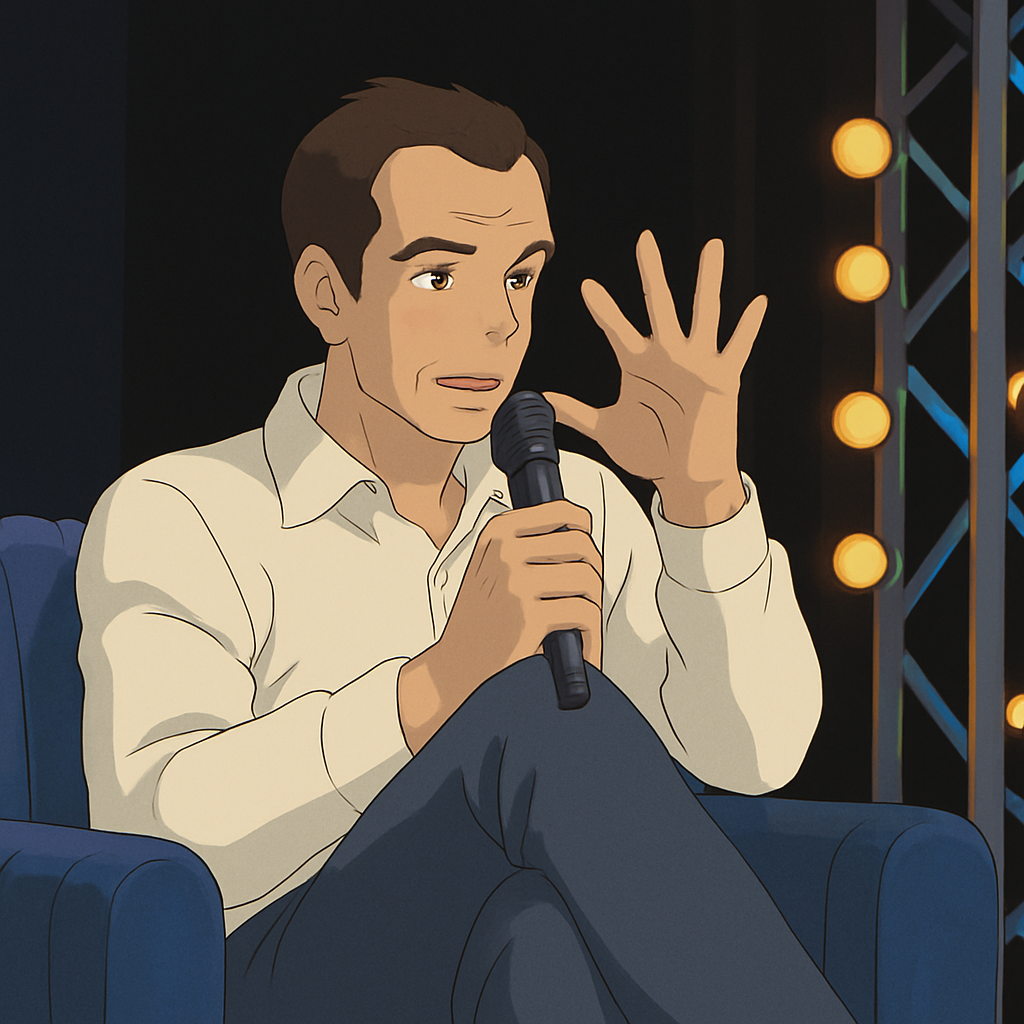LONDON — Andy Murray has revealed why he would turn down a potential punditry role at Wimbledon, admitting he finds the job "can be harmful" and that he would prefer a return to coaching once his playing career concludes.
The three-time Grand Slam champion, who has been vocal about his post-retirement plans, made the comments during a recent interview. Murray, 37, emphasized that while he respects punditry, he believes the role often requires overly critical analysis, which could strain relationships within the sport. "I don’t think I’d enjoy being overly negative about players I’ve competed with and respect," he said.
Murray’s Preference for Coaching Over Punditry
Murray, who has been mentoring younger British players in recent years, expressed a stronger inclination toward coaching. He cited his work with rising stars like Jack Draper and Emma Raducanu as evidence of his passion for guiding the next generation. "I’ve really enjoyed helping younger players develop. There’s something rewarding about seeing them improve and knowing you’ve played a part in that," he explained.
The former world No. 1 also highlighted the emotional toll of punditry, particularly in high-pressure tournaments like Wimbledon. "When you’re in the commentary box, there’s an expectation to dissect every mistake. That can be harmful—not just for the players but for the sport’s culture," Murray added.
Why Punditry Can Be "Toxic"
Murray elaborated on his concerns about punditry, suggesting that the role often fosters negativity. He pointed to instances where former players turned pundits have faced backlash for harsh critiques. "It’s easy to sit there and pick apart someone’s game, but unless you’ve been in their shoes recently, it’s not always fair," he argued.
Key reasons Murray avoids punditry:
- Strained relationships: "I don’t want to damage friendships with players I’ve competed against."
- Negative environment: "The focus is often on mistakes rather than achievements."
- Pressure to entertain: "Sometimes, controversy is encouraged, and that’s not me."
Coaching: A More Fulfilling Path
Murray’s interest in coaching isn’t just theoretical—he’s already dipped his toes into the role. In 2023, he briefly worked with Draper during the grass-court season, helping the young Brit reach the semifinals at Eastbourne. "Seeing Jack’s progress was incredibly satisfying. Coaching allows me to stay involved in tennis in a constructive way," Murray noted.
He also hinted at a potential long-term coaching role, possibly with the Lawn Tennis Association (LTA) or a private academy. "I’d love to help British tennis in some capacity. Whether it’s working with individuals or shaping the system, there’s a lot I’d like to contribute," he said.
The Influence of His Own Coaches
Murray credited his former coaches—including Ivan Lendl and Amélie Mauresmo—for shaping his perspective. "I’ve been lucky to work with some of the best. Their mentorship showed me how impactful a good coach can be," he reflected.
Wimbledon’s Potential Offer
Despite his reservations about punditry, Murray acknowledged that Wimbledon might approach him for a role post-retirement. However, he remained firm in his stance. "If they asked, I’d have to politely decline. It’s just not where my passion lies," he admitted.
Sources close to the All England Club suggest they respect his decision. "Andy’s legacy here is immense, and we’d support whatever path he chooses," an insider revealed.
Conclusion: Staying True to His Values
Murray’s candid remarks underscore his commitment to maintaining integrity in tennis. Whether through coaching or other roles, his focus remains on positively influencing the sport. "I want to leave tennis better than I found it. If that means stepping away from the mic, so be it," he concluded.

